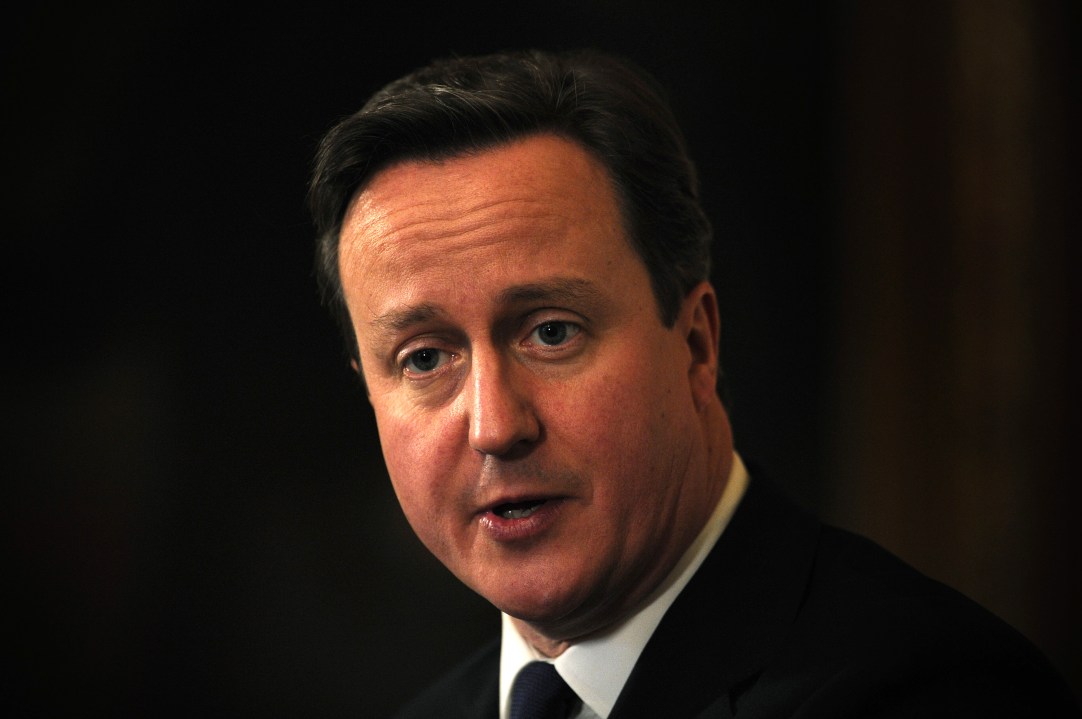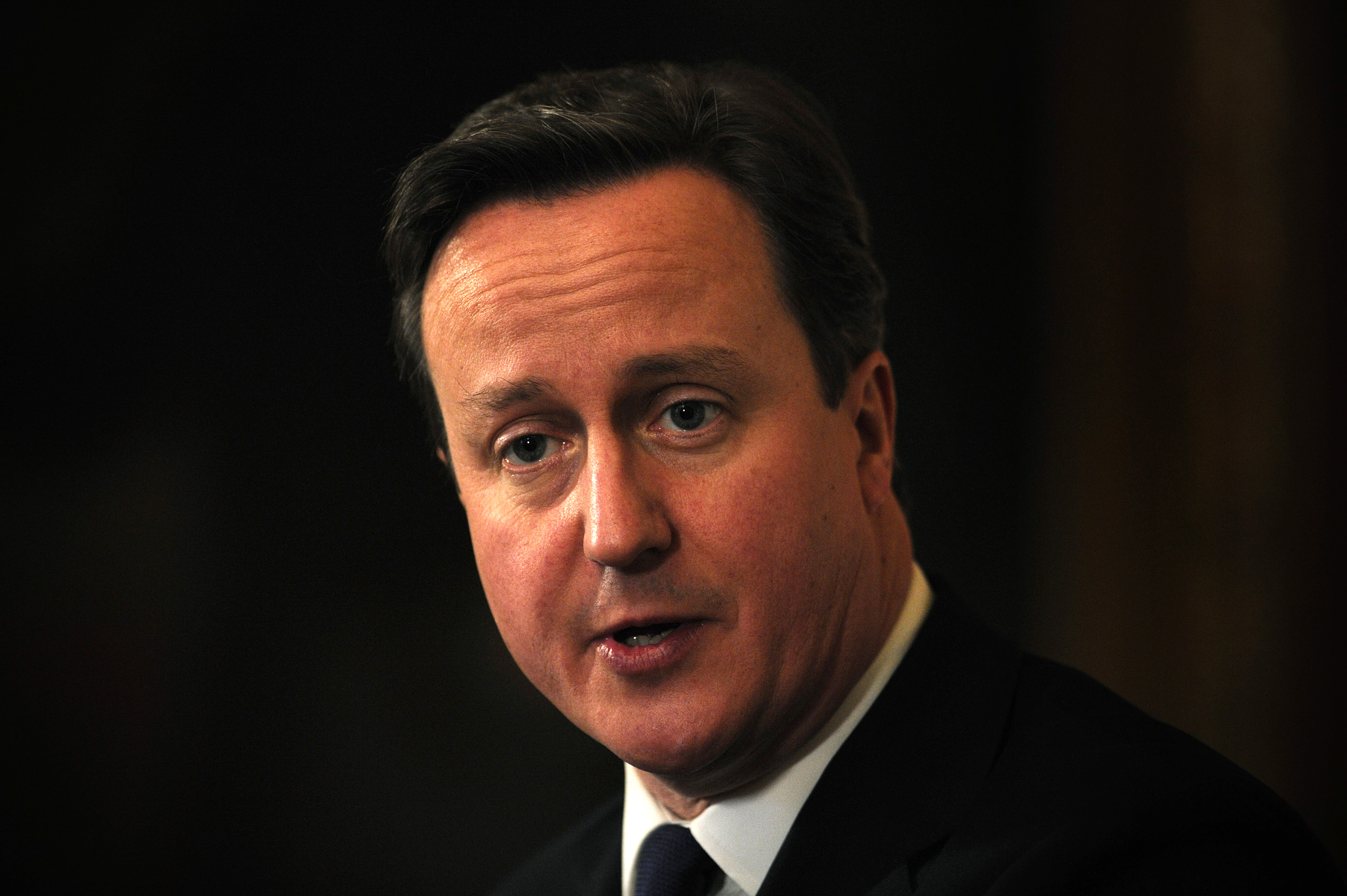One distinct feature of the ‘cash for access’ row is that we’ve seen it all before. And not just the glutinous mix of politics and money, but also the debate over what should be done to fix it. Last November, Sir Christopher Kelly, chair of the Committee on Standards in Public Life, released a report into the funding of political parties that featured many of the options we’re hearing today. It landed on 24 recommendations, of which one stood out: ‘the only safe way to remove big money from party funding is to put a cap on donations, set at £10,000’. But to prevent a subsequent shortfall in parties’ funds, it also proposed that state funding be increased to the tune of an extra £23 million. ‘The equivalent,’ the report pointed out, ‘of only about 50p per elector per year’.
This plan met with opposition from all sides. The Tories wanted the cap to be set higher, at around £50,000, to protect their big money donations. Whereas Labour were more concerned about Kelly’s proposal that, to make the cap workable, union members would have to ‘make a positive decision to contribute to the Labour Party by opting in to the affiliation payment when they join the body in question.’ And so an inglorious impasse was reached. The question now is whether the events of the past few days will breach that impasse, although I wouldn’t hold out much hope. This morning Cameron again mooted a cap of £50,000, so long as it included union donations.
The Prime Minister has given ground in one area, though: he has announced that Downing St will publish details of his dinners with donors since the election, and will continue to do so in future.
That’s quite some U-turn, given that they were refusing to do so this morning. Here, for CoffeeHousers, is the full text of his remarks:
‘Yesterday I said that what the former Treasurer of the Conservative Party, Peter Cruddas, said was completely unacceptable and wrong. I want to make clear that no money was accepted from the exchange he had. We have a robust and sensible system for raising money in the Conservative Party. All donations to the Party centrally above £7500 are declared to the Electoral Commission and must comply with UK Electoral Law. No donation is accepted before thorough compliance procedures have been gone through. But as I said yesterday, in the light of these events, I have ordered a full Party inquiry. This will be led by the Conservative peer Lord Gold, a distinguished lawyer and a former senior partner at Herbert Smith. Let me deal with some of the specific points. There has been much speculation about dinners in my flat in Downing Street. The position is this. In the two years I have been Prime Minister, there have been three occasions on which significant donors have come to dinner in my flat. In addition there was a further thank you dinner, which included donors, in Downing Street itself shortly after the General Election. We will be publishing details today. None of these dinners were fund raising dinners, and none of these dinners were paid for by the taxpayer. I have known most of those attending for many years. Let me add that Peter Cruddas has never recommended anyone to come to dinner in the flat; nor has he been to dinner there himself. I already publish details of my external meetings as Prime Minister – the first Prime Minister ever to do so. I also publish all meetings that I have with media editors and proprietors. From now on, the Conservative Party will publish details every quarter of any meals attended by any major donors, whether they take place at Downing Street, Chequers or any official residence. The Conservative Party is funded by private citizens. I inherited a Party that was tens of millions of pounds in debt and dependent on a tiny number of big donors. Since I have been leader we have significantly broadened the Conservative party’s funding base to many more significant donors. One way we do this is through the Leader’s Group, where donors pay £50,000 a year and there are regular dinners attended by myself or other senior Ministers. This fact is already fully known and transparent, and any donations are declared to the Electoral Commission. However, from now on, the Conservative Party will, in addition, publish a register of those major donors who actually attend these fundraising dinners. On policy, let me make clear, no one in the No 10 Policy Unit has met anyone at Peter Cruddas’s request. And for the avoidance of doubt, there is no Policy Committee at No 10. However, to avoid any perception of undue influence, from now on we will put in place new procedures in which if any Ministerial contact with a party donor prompts a request for policy advice, the Minister will refer this to his or her Private Office who can seek guidance from the Permanent Secretary. Clearly there is an urgent need for party funding reform in this country, as I have consistently argued for the last six years. No party is immune from these problems – indeed the Leader of the Labour Party has himself encountered controversy in recent days. That the Government has invited Labour to re-start cross-party talks on reforming the current rules. But today I make this offer, once again, to the Labour Party: I am ready to impose a cap on individual political donations of £50,000, without any further need for state funding. But to be fair this must apply equally to trade unions as well as private citizens. We could do that tomorrow, and take the big money out of British politics once and for all.’







Comments